Feminism and the Politics of Travel After the Enlightenment
Transits: Literature, thought & culture
Series Editor
Greg Clingham
Bucknell University
Transits is the next horizon. The series of books, essays and monographs aims to extend recent achievements in eighteenth century studies, and to publish work on any aspects of the literature, thought and culture of the years 16501850. Without ideological or methodological restrictions, Transits seeks to provide transformative readings of the literary, cultural, and historical interconnections between Britain, Europe, the Far East, Oceania, and the Americas in the long eighteenth century, and as they extend down to present time. In addition to literature and history, such global perspectives might entail considerations of time, space, nature, economics, politics, environment, and material culture, and might necessitate the development of new modes of critical imagination, which we welcome. But the series does not thereby repudiate the local and the national for original new work on particular writers and readers in particular places in time continues to be the bedrock of the discipline.
Titles in the Series
Figures of Memory: From the Muses to Eighteenth-Century British Aesthetics
Zsolt Komromy
Horace Walpoles Letters: Masculinity and Friendship in the Eighteenth Century
George E. Haggerty
Thomas Sheridans Career and Influence: An Actor in Earnest
Conrad Brunstrm
The Self as Muse: Narcissism and Creativity in the German Imagination 17501830
Alexander Maths
Tobias Smollett in the Enlightenment: Travels through France, Italy, and Scotland
Richard J. Jones
Modern Antiques: The Material Past in England, 16601780
Barrett Kalter
A Race of Female Patriots: Women and Public Spirit on the British Stage, 16881745
Brett D. Wilson
The Family, Marriage, and Radicalism in British Womens Novels of the 1790s: Public Affection and Private Affliction
Jennifer Golightly
Feminism and the Politics of Travel After the Enlightenment
Yal Schlick
Transits
Feminism and the Politics of Travel After the Enlightenment
Yal Schlick

LEWISBURG
BUCKNELL UNIVERSITY PRESS
Published by Bucknell University Press
Co-published with The Rowman & Littlefield Publishing Group, Inc.
4501 Forbes Boulevard, Suite 200, Lanham, Maryland 20706
www.rowmanlittlefield.com
Estover Road, Plymouth PL6 7PY, United Kingdom
Copyright 2012 by Yal Schlick
Chapter 4 previously published. Yal Rachel Schlick, Travel as Praxis: Suzanne Voilquin and the Saint Simonian Call to the Woman, European Romantic Review . December 2010, 21: 6, pages 693710. Reprinted by permission of Taylor & Francis Ltd.
All rights reserved . No part of this book may be reproduced in any form or by any electronic or mechanical means, including information storage and retrieval systems, without written permission from the publisher, except by a reviewer who may quote passages in a review.
British Library Cataloguing in Publication Information Available
Library of Congress Cataloging-in-Publication Data
Schlick, Yal Rachel, 1963
Feminism and the politics of travel after the Enlightenment / Yal Schlick.
p. cm.(Transits)
Includes bibliographical references and index.
ISBN 978-1-61148-428-1 (cloth : alk. paper)ISBN 978-1-61148-429-8 (electronic)
1. Women travelersHistory. 2. Travelers writingsHistory. 3. Feminist literatureHistory. I. Title.
G460.S343 2012
910.4082'09032dc23 2011042161
 The paper used in this publication meets the minimum requirements of American National Standard for Information SciencesPermanence of Paper for Printed Library Materials, ANSI/NISO Z39.48-1992.
The paper used in this publication meets the minimum requirements of American National Standard for Information SciencesPermanence of Paper for Printed Library Materials, ANSI/NISO Z39.48-1992.
Printed in the United States of America
Dedicated with love to my mother and my father, Salomeia and Haim Schlick
travelers by necessity, and for pleasure.
More than anyone, they taught me the magic and value of travel.
And even today, whether we know it or not, the question of politics and the fact that man is a being endowed with the gift of action must always be present to our mind when we speak of the problem of freedom; for action and politics, among all the capabilities and potentialities of human life, are the only things of which we could not even conceive without at least assuming that freedom exists, and we can hardly touch a single political issue without, implicitly or explicitly, touching upon an issue of mans liberty. Freedom, moreover, is not only one among the many problems and phenomena of the political realm properly speaking, such as justice, or power, or equality; freedom, which only seldomin times of crisis or revolutionbecomes the direct aim of political action, is actually the reason that men live together in political organization at all. Without it, political life as such would be meaningless. The raison dtre of politics is freedom, and its field of experience is action.
Hannah Arendt, Between Past and Future
Acknowledgments
T he research and writing of this book was generously supported by funds from the Fulbright Foundation and from Queens University.
Because this book began long ago, in graduate school, I would like to thank my former professors. I benefited greatly from Fredric Jamesons and (the late) Naomi Schors wide-ranging references and suggestions. David Bells supportive advice and steadfast good humor throughout this project sustained my writing, and I will always be grateful to him for pointing out to me a revelatory passage on maps in Madame Bovary .
I am especially indebted to Toril Moi, who first attuned me to the political dimension of womens travel writing at a time when I was more struck by the general pluck of their wanderlust, and whose written works on feminism have always been an inspiration. Her book about Simone de Beauvoirs efforts to forge an identity for herself as an intellectual woman has long informed my sense of the struggle various women travelers faced to unite their sex with their yearning for exploration and their insistence on intellectual as well as spatial freedom.
At a time when I was working out some initial ideas about womens status as travelers, I was lucky to meet Trevor Norris. Conversations with him always had the double effect of disorienting and invigorating me in equal measure. My friend Mike McClellan was also a patient listener and reader. His comments on early drafts refined and redirected my thinking.
I am very grateful to Erika Busse for sharing her work on Flora Tristan with me, and to Bob Kibbee, the map librarian at Cornell University, and Elaine Hoag, the rare book bibliographer at Library and Archives Canada, for providing me with images of the maps reproduced in chapter 5.
My gratitude extends to students in my travel writing seminarsespecially Andrea Aldrovandi, Diana Biacora, and Chiara Bitondowho challenged and deepened my understanding of the meaning of travel.
Closer to the present moment of publication, I would like to thank Greg Clingham, director of Bucknell University Press and general editor of the Transits series, as well as Kate Parker, the presss editorial associate. They have made the publication process enriching and surprisingly straightforward. I have also benefited enormously from the constructive criticism of the anonymous reader for the press, and hope I have addressed at least some of the readers penetrating suggestions fully.
An earlier version of chapter 4 appeared in European Romantic Review 21.6 (2010): 693710, and a version of chapter 5 was published in Nineteenth-Century Studies 20(2006): 6178. I am grateful to Regina Hewitt, coeditor of European Romantic Review , and to David Hanson, editor of Nineteenth-Century Studies , for their meticulous editing and helpful suggestions on these earlier versions.

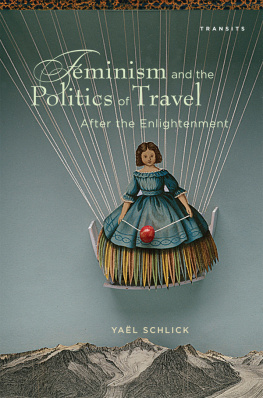

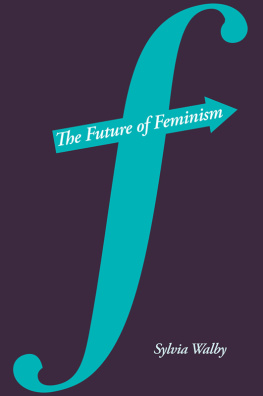
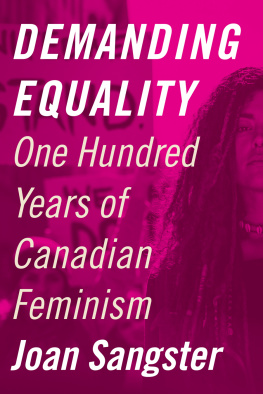
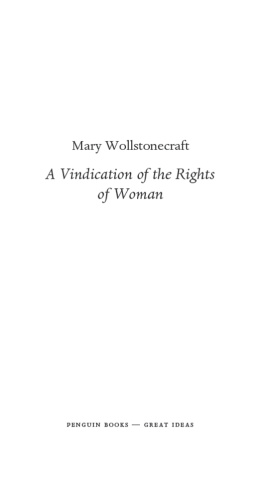
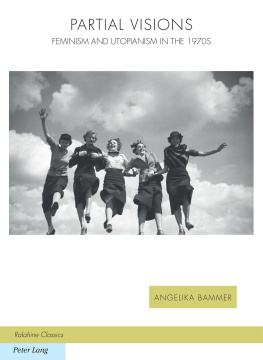
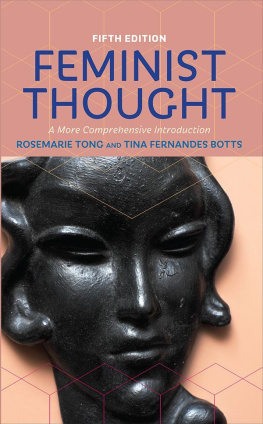
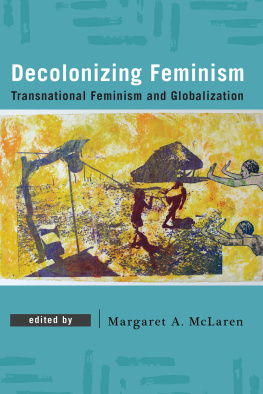

 The paper used in this publication meets the minimum requirements of American National Standard for Information SciencesPermanence of Paper for Printed Library Materials, ANSI/NISO Z39.48-1992.
The paper used in this publication meets the minimum requirements of American National Standard for Information SciencesPermanence of Paper for Printed Library Materials, ANSI/NISO Z39.48-1992.